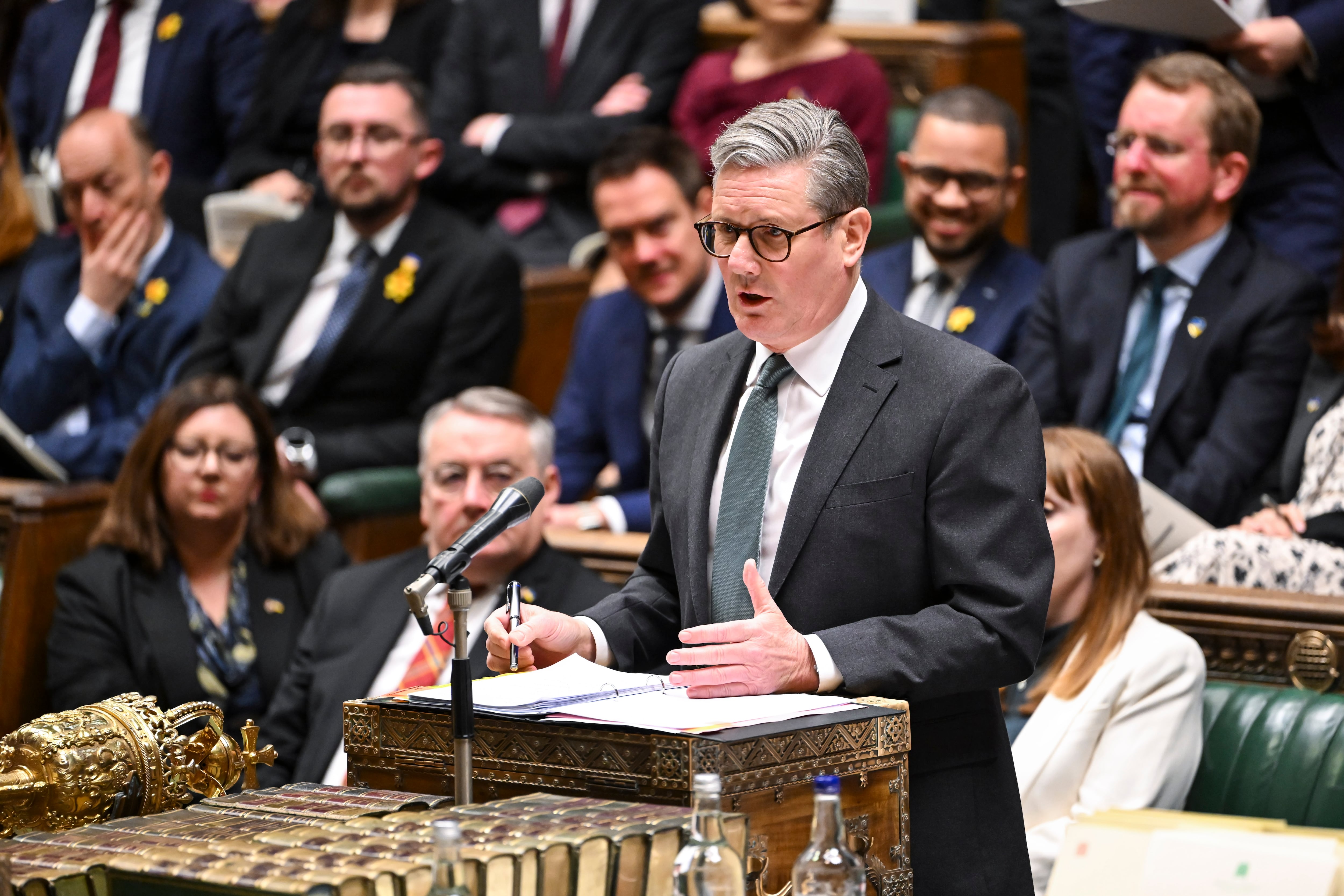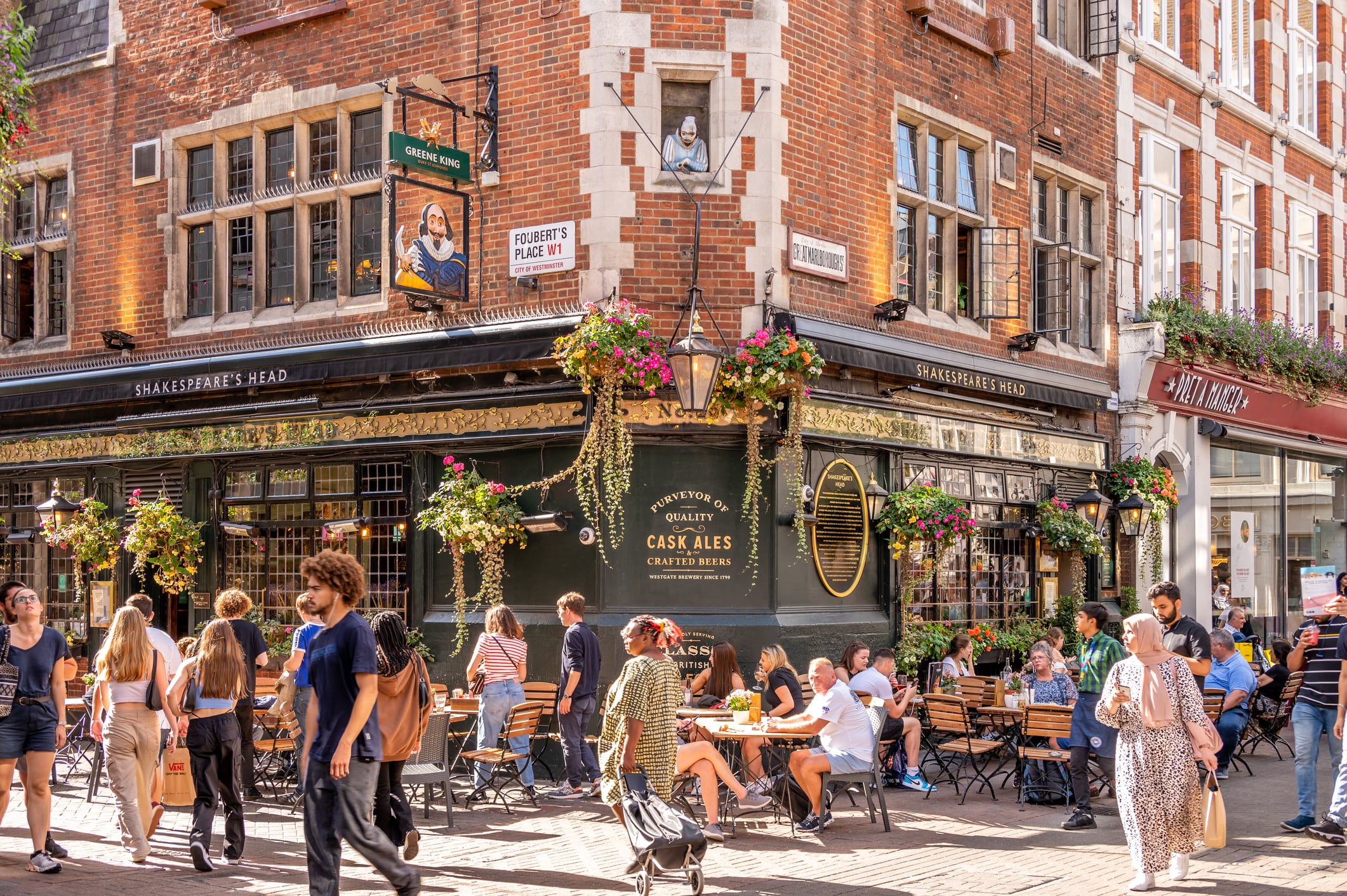On Monday 12 May, Prime Minister Keir Starmer announced new immigration measures for the UK in a bid to reduce net migration.
As part of the new measures, Starmer declared the Immigration Skills Charge would rise by 32%, meaning firms could pay thousands more to sponsor overseas employees.
The qualification threshold for skilled worker visas is also set to rise, reversing the Boris Johnson-era changes, by requiring most new applicants to hold a degree-level qualification instead of A-level equivalents.
Domestic recruitment
Responding to the Prime Minister’s announcement, UKHospitality (UKH) chief executive Kate Nicholls cautioned the Government that strategies to support domestic recruitment would be critical moving forward, particularly for the hospitality sector.
Nicholls said: “We understand the Government’s intention to reduce migration, which comes on the back of additional restraints on hospitality last year.
“When imposing these restrictions, the Government has to bring forward an employment and skills strategy to further drive domestic recruitment.
“Hospitality recruits more than three-quarters of its workforce from within the UK and measures like apprenticeship levy reform, the introduction of foundational apprenticeships and investment in pre-employment training can allow us to go even further.
“Against a backdrop of £3bn in additional employment costs hitting hospitality businesses, such a strategy is critical if the Government is to achieve its goal of getting more people out of welfare and into work.”
More control
Other changes include stricter English language requirements, doubling the residency period for settled status from five to ten years, a fast-track system for high-skilled migrants, and limited access to work visas for UN-recognised refugees and displaced persons.
The Prime Minister said the new plans meant the Government were able to “decide who comes to this country, and that it is fair”.
He continued: “Every area of the immigration system, including work, family and study, will be tightened up so we have more control.
“Enforcement will be tougher than ever and migration numbers will fall.”




